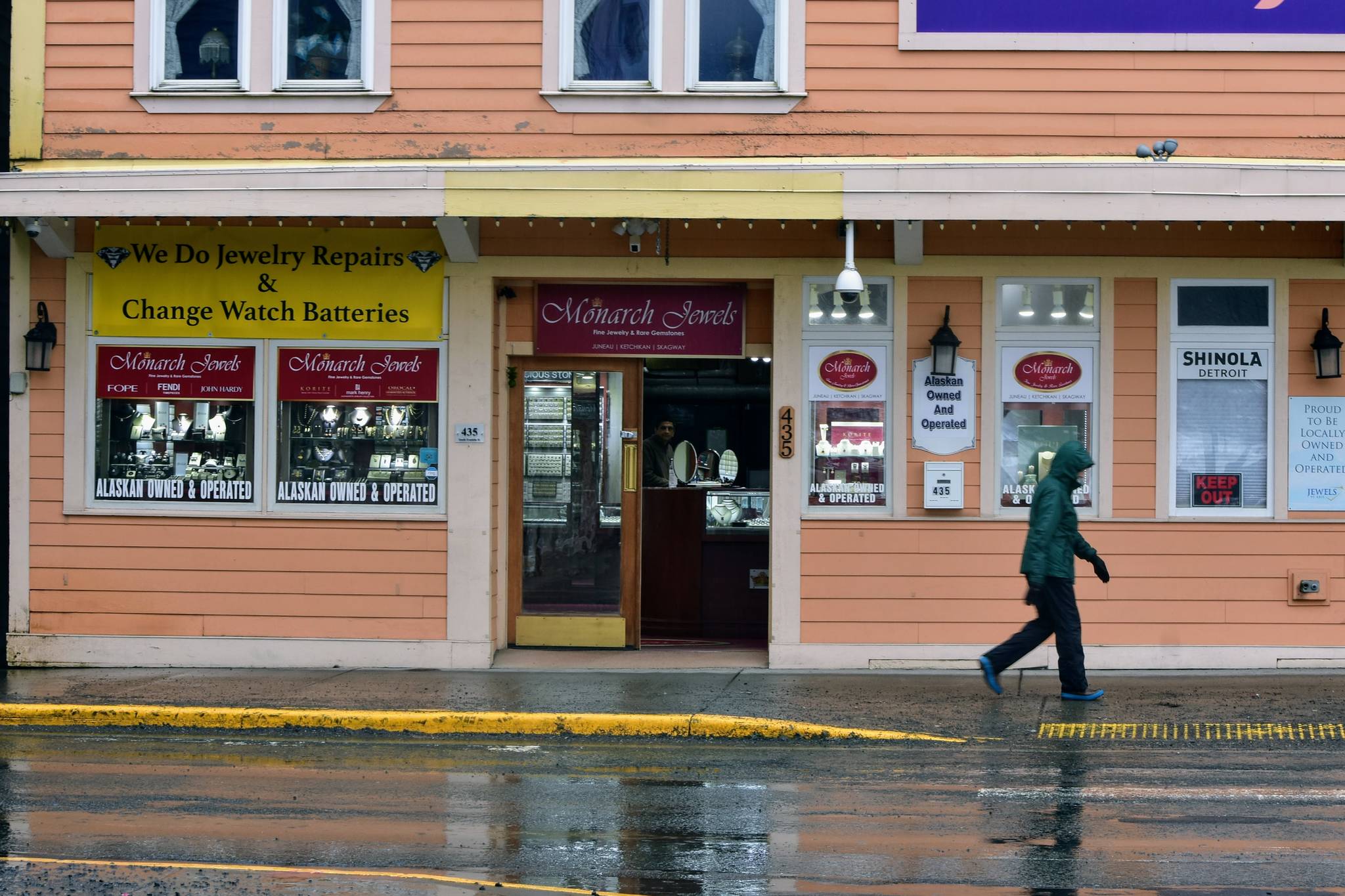By Bruce Botelho
I write to express my opposition to the three initiatives now circulating to restrict cruise ship calls on Juneau.
I have not come to this decision lightly. During my time in public office, my relationship with the industry was often contentious, whether over passenger fees, ocean dumping, expansion of the seawalk or on-board marketing. Like others, I have at times lamented crowds on South Franklin, the fleet of bus traffic toward Mendenhall Glacier or whale watching boats converging on a family of humpback whales. Thus, I share some sympathy with the proponents of the initiatives.
At the same time, I have come to more fully appreciate that Juneau’s economy has evolved away from an era when government employment was the community’s sole lifeblood. While the government sector is still a dominant player, its role has been steadily eroding. Tourism and mining have helped fill the gap, permitting Juneau to continue to prosper.
A large part of Juneau’s economic activity — that which sustains our collective ability to live as we do with both public and private amenities that are replicated by few, if any, other communities of our size in the nation — is fueled by cruise ship tourism.
Each of the initiatives constrains — as intended — the number of cruise visitors Juneau can accommodate. But the proposals, by imposing specific time and vessel size constraints, would return us to visitor levels not seen in more than 25 years. The consequences are widespread and deep. Few parts of our private sector are immune from these reductions — our experience in 2021 demonstrates those connections. The most devastating impacts were mitigated by a massive infusion of federal aid. It is unrealistic to rely on such relief in future years. We as taxpayers rely on our visitors to fund a substantial portion of our local government. Fewer visitors and more limited hours will inevitably reduce those revenues, leading in turn to painful decisions about increasing taxation on residents or reducing and eliminating services.
I believe that the City and Borough of Juneau has substantial regulatory authority over the cruise industry, but I am very doubtful that the initiatives will pass legal muster. On matters implicating constitutional principles (interstate commerce, taking of property) reviewing courts will look to the “record” to find the basis for the imposition of restrictions. The initiative is devoid of a “record”. Litigation aside, the initiatives also pose another, foreseeable risk: that the legislature will enact laws that constrain local regulation. Watch Florida.
It is to the assembly that one should turn for relief. It is our elected deliberative body that is best positioned to articulate and weigh the competing factors in reaching a reasoned decision. I know more than most that the public process is a long and tedious one, and—with respect to tourism—always on-going. But the community has had signal successes and Juneau has been the beneficiary—they’ve ranged from float plane noise abatement, to the long-range waterfront plan and its implementation to the nascent recommendations from the visitor industry task force.
The initiatives provide a convenient means to register a protest against the cumulative frustrations toward the cruise industry. However, the consequence is a self-inflicted wound: harm to our friends and neighbors who rely on visitors for their livelihoods, and a community likely to be bitterly divided over propositions that have little if any chance of implementation in their current form.
• Bruce Botelho is a life-long resident of Juneau, served as Juneau’s mayor between 1988 and 1991 and again between 2003 and 2012 and as Alaska’s attorney general between 1994 and 2002. He is a member of Protect Juneau’s Future.Columns, My Turns and Letters to the Editor represent the view of the author, not the view of the Juneau Empire. Have something to say? Here’s how to submit a My Turn or letter.

